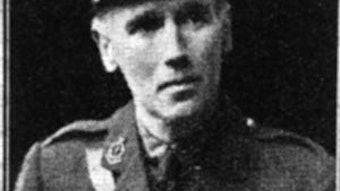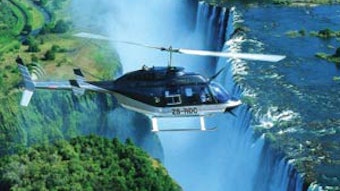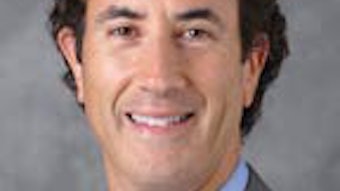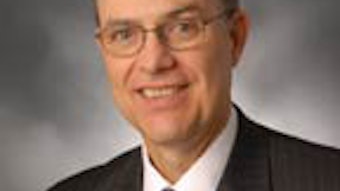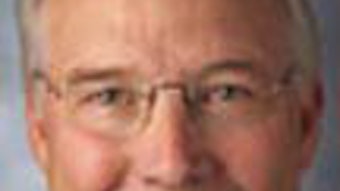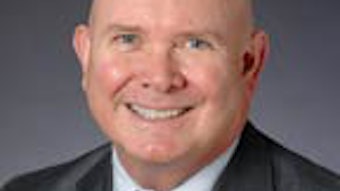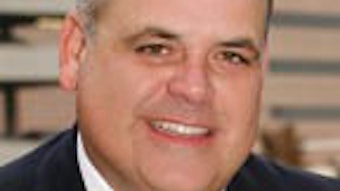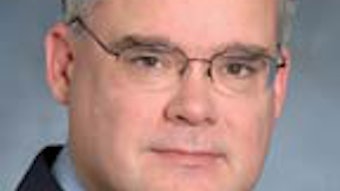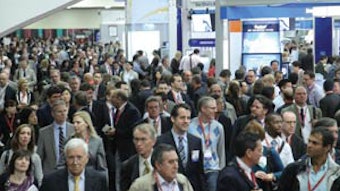Thyroid Outreach to Kenya
Ryan K. Meacham, MD, University of Tennessee Health Science Center, Memphis, TN In October 2011, I had the fortunate privilege to be part of a surgical team that traveled to Migori, Kenya, to provide much-needed humanitarian medical care. Our team of 20 providers included otolaryngologists, nurse anesthetists, nurse practitioners, nurses, and a dietitian. The surgeons were head and neck surgeons Merry E. Sebelik, MD, University of Tennessee; Bruce H. Campbell, MD, Medical College of Wisconsin; Amy Y. Chen, MD, MPH, Emory; Salvatore M. Caruana, MD, Columbia-Cornell; Kelly M. Malloy, MD, University of Pennsylvania; and myself, PGY III resident, University of Tennessee. Our host organization was Kenya Relief, established in 2003 by Steve James, a CRNA from Cullman, AL. He spearheaded Kenya Relief after grieving the unexpected loss of his daughter, who had sponsored a child in Kenya throughout her high school years. During the last eight years, Kenya Relief has built a full-time orphanage with an accompanying school, library, water well, and dormitories for 70 orphan boys and girls. They have constructed a medical clinic complete with exam rooms (including otologic microscopes), a pharmacy, and three operating rooms. To learn more, visit www.kenyarelief.org. Our team saw more than 1,000 patients in three days. There was a preponderance of chronic otitis media and there remains a vast need for future surgeons to perform tympanomastoidectomies. Our group performed about 30 operations, mostly subtotal thyroidectomies for goiter patients in this iodine-deficient setting. Without resources such as T4/TSH, FNA, CT scans, post-op calcium, and intra-op nerve monitoring, it required judicious operative planning. One goiter patient who was mildly tachycardic was empirically placed on propranolol and her case was delayed until it could be safely performed. Another patient who was initially thought to have a goiter was found intra-operatively to have a thyroglossal duct cyst, and surgery was modified accordingly. We had an ultrasound machine with an endoluminal probe that we used to evaluate each thyroid goiter and determine, along with mirror laryngoscopy, the pre-op mobility of vocal cords. Although it is highly rewarding to participate in a medical mission and see lives that are forever blessed, it is equally humbling and disappointing to realize one’s limitations to help others. A rural mother brought her 2-year-old child into our clinic with a massive facial tumor involving the soft tissues of the upper lip, nose, and malar regions. This tumor had been growing for more than a year, but because of their remoteness, she had previously not been seen by any healthcare provider. Knowing we could not offer her the proper diagnostic workup, extensive surgical resection and reconstruction, and prosthodontic care she would likely need post-operatively, we could not provide anything more than some funds for bus passage to Nairobi to be evaluated there. Both challenging and gratifying, operating in Kenya was something I will never forget. I hope it will be the first of many such trips.
Ryan K. Meacham, MD, University of Tennessee Health Science Center, Memphis, TN
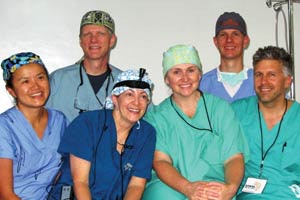 Drs. Chen (left), Campbell, Sebelik, Malloy, Meacham, and UNKNOWN.
Drs. Chen (left), Campbell, Sebelik, Malloy, Meacham, and UNKNOWN.In October 2011, I had the fortunate privilege to be part of a surgical team that traveled to Migori, Kenya, to provide much-needed humanitarian medical care. Our team of 20 providers included otolaryngologists, nurse anesthetists, nurse practitioners, nurses, and a dietitian. The surgeons were head and neck surgeons Merry E. Sebelik, MD, University of Tennessee; Bruce H. Campbell, MD, Medical College of Wisconsin; Amy Y. Chen, MD, MPH, Emory; Salvatore M. Caruana, MD, Columbia-Cornell; Kelly M. Malloy, MD, University of Pennsylvania; and myself, PGY III resident, University of Tennessee.
Our host organization was Kenya Relief, established in 2003 by Steve James, a CRNA from Cullman, AL. He spearheaded Kenya Relief after grieving the unexpected loss of his daughter, who had sponsored a child in Kenya throughout her high school years.
During the last eight years, Kenya Relief has built a full-time orphanage with an accompanying school, library, water well, and dormitories for 70 orphan boys and girls. They have constructed a medical clinic complete with exam rooms (including otologic microscopes), a pharmacy, and three operating rooms. To learn more, visit www.kenyarelief.org.
Our team saw more than 1,000 patients in three days. There was a preponderance of chronic otitis media and there remains a vast need for future surgeons to perform tympanomastoidectomies. Our group performed about 30 operations, mostly subtotal thyroidectomies for goiter patients in this iodine-deficient setting. Without resources such as T4/TSH, FNA, CT scans, post-op calcium, and intra-op nerve monitoring, it required judicious operative planning.
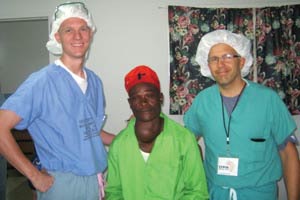 Drs. Meacham (left) and Caruana with a pre-operative endemic goiter patient.
Drs. Meacham (left) and Caruana with a pre-operative endemic goiter patient.One goiter patient who was mildly tachycardic was empirically placed on propranolol and her case was delayed until it could be safely performed. Another patient who was initially thought to have a goiter was found intra-operatively to have a thyroglossal duct cyst, and surgery was modified accordingly. We had an ultrasound machine with an endoluminal probe that we used to evaluate each thyroid goiter and determine, along with mirror laryngoscopy, the pre-op mobility of vocal cords.
Although it is highly rewarding to participate in a medical mission and see lives that are forever blessed, it is equally humbling and disappointing to realize one’s limitations to help others. A rural mother brought her 2-year-old child into our clinic with a massive facial tumor involving the soft tissues of the upper lip, nose, and malar regions. This tumor had been growing for more than a year, but because of their remoteness, she had previously not been seen by any healthcare provider. Knowing we could not offer her the proper diagnostic workup, extensive surgical resection and reconstruction, and prosthodontic care she would likely need post-operatively, we could not provide anything more than some funds for bus passage to Nairobi to be evaluated there.
Both challenging and gratifying, operating in Kenya was something I will never forget. I hope it will be the first of many such trips.
